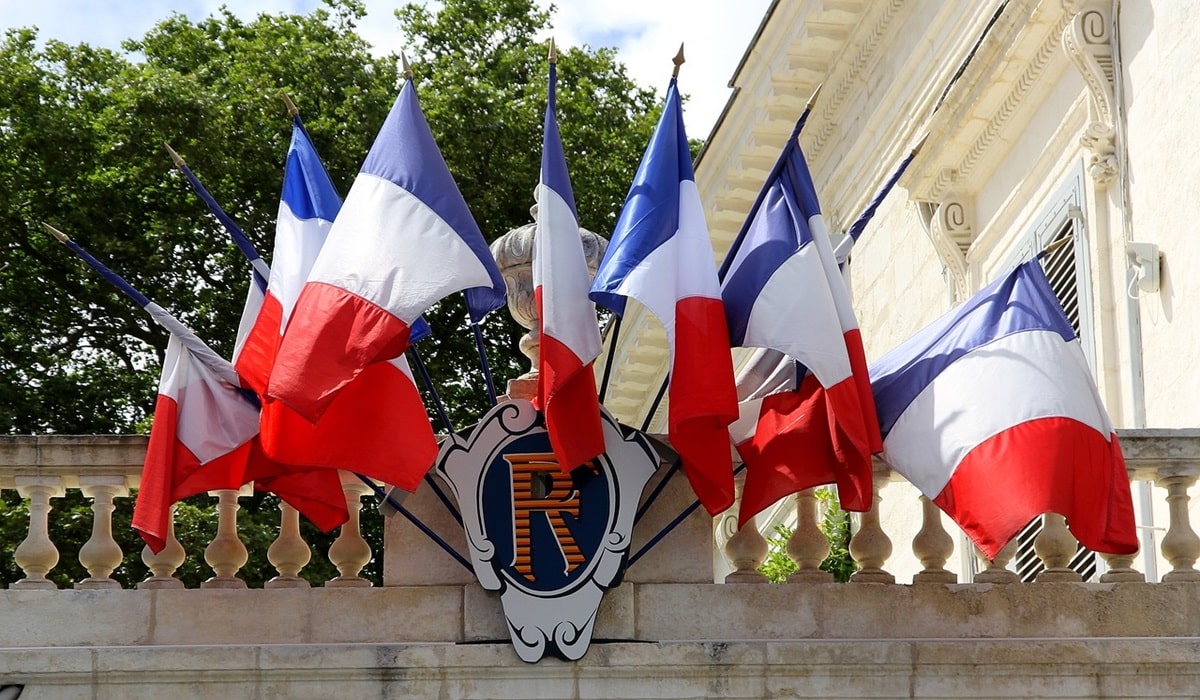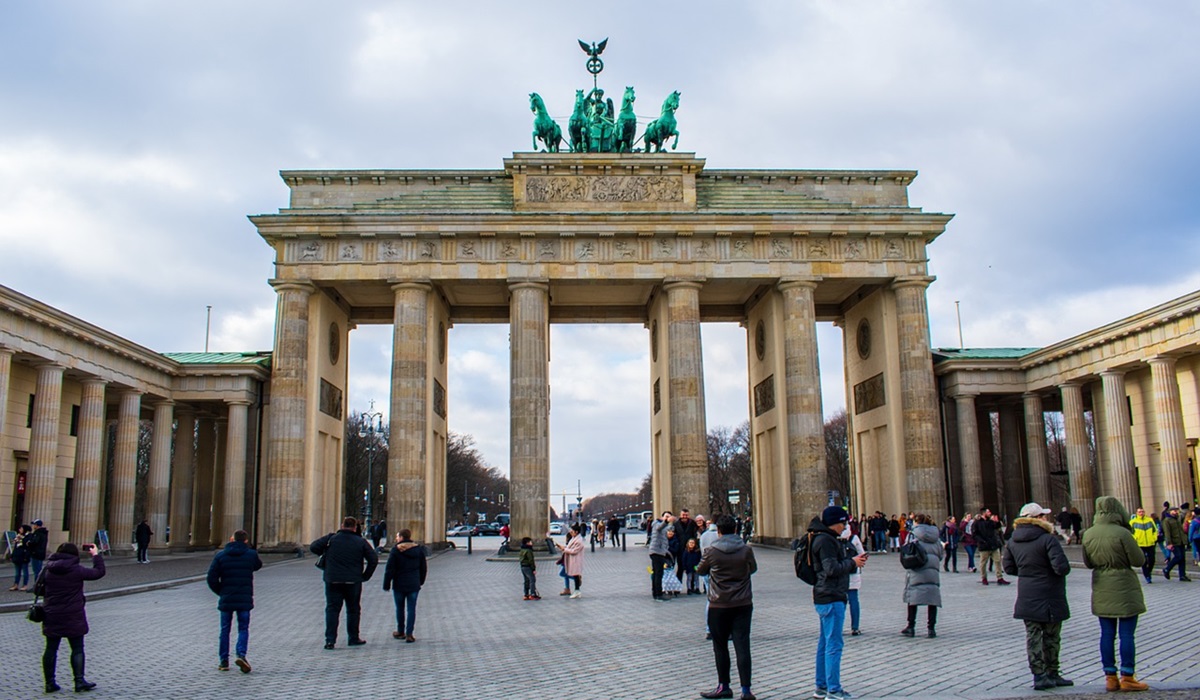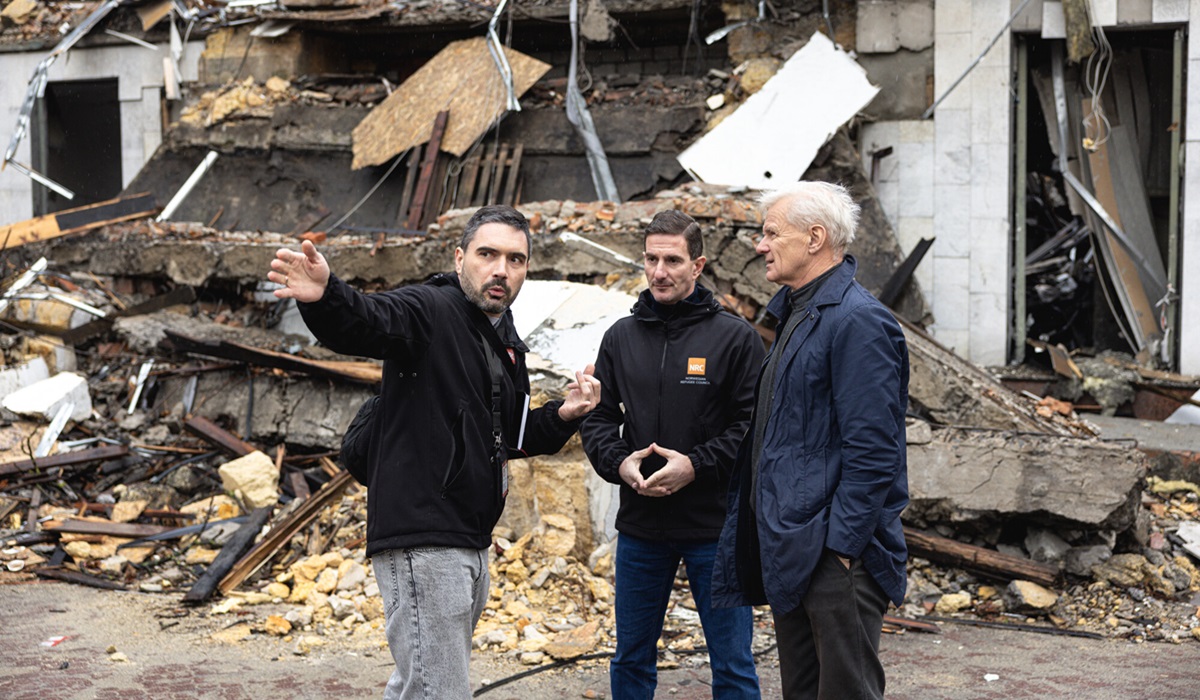Political Uncertainty in France: The Implications of a Hung Parliament
- TDS News
- Breaking News
- Europe
- July 8, 2024

French President Emmanuel Macron’s recent decision to call a snap election has led to a hung parliament, plunging the nation into a state of political uncertainty. This move, intended to preempt potential challenges to his leadership, especially amid rising far-right influence in the European Parliament, has instead backfired, creating a complex and unpredictable political landscape.
Just weeks ago, President Macron, facing pressure from a growing far-right presence in the European Parliament, opted for a snap election. This decision, meant to solidify his party’s position, has had the opposite effect. Macron’s party, La République En Marche! (LREM), finished third in the first round of voting, behind both the far-left coalition and the far-right party. The second round saw strategic withdrawals from other leftist parties, consolidating support for the far-left coalition, which now holds the most seats, relegating LREM to second place.
This strategic maneuvering highlights the fragmented nature of French politics, where tactical alliances often play a crucial role. An overwhelming number of French citizens turned out to vote, primarily driven by a desire to prevent a far-right surge. The result is a parliament without a clear majority, leaving the country in a state of political limbo.
To understand the current situation, it’s essential to grasp the workings of the French electoral system. France employs a semi-presidential system, where the President and the Prime Minister share executive powers. The President is elected directly by the people, while the Prime Minister is typically the leader of the majority party or coalition in the National Assembly.
In the legislative elections, if no party wins an outright majority, a second round is held. Candidates who received the most votes in the first round, along with any who secured at least 12.5% of the vote, proceed to the runoff. This often leads to strategic alliances and withdrawals, as parties negotiate to consolidate support and maximize their chances in the second round.
The far-left coalition, now holding the most seats in the National Assembly, is led by Jean-Luc Mélenchon of La France Insoumise (LFI). On the other end of the spectrum, the far-right National Rally (Rassemblement National) is led by Marine Le Pen. Both leaders have been pivotal in shaping the current political discourse in France, each representing significant ideological extremes.
Marine Le Pen’s platform, which includes strict immigration policies and the deportation of immigrants, was overwhelmingly rejected by French voters. This rejection was particularly poignant given France’s historical context of exploitation of African resources and the significant immigrant population that contributes to the country’s diversity and economy. The electorate’s decision to rebuff Le Pen’s ideology reflects a broader rejection of far-right nationalism and xenophobia.
With President Macron refusing to resign, the immediate future of French politics is uncertain. There is speculation that Macron may have to appoint a new Prime Minister from the far-left coalition to navigate this political quagmire. This would mean a significant shift in policy direction, as Macron’s centrist approach would have to accommodate the more radical policies of Mélenchon and his allies.
The rise of the far-left and far-right in France mirrors a broader trend seen across Europe, where traditional centrist parties are losing ground to more extreme alternatives. This shift has significant implications for both domestic and European politics. Domestically, France could see increased polarization and a potential struggle for political stability. On a European level, the rise of far-right movements poses challenges to the EU’s cohesion and its policies on immigration, sovereignty, and economic integration.
The overwhelming rejection of far-right ideologies and leaders in France demonstrates a clear stance from the French electorate. The country now faces the challenge of navigating this political transition, determining whether Macron will continue to lead with a new coalition or if another political figure will emerge to steer the nation forward. The French political landscape has been irrevocably altered, and the nation stands at a crossroads.








